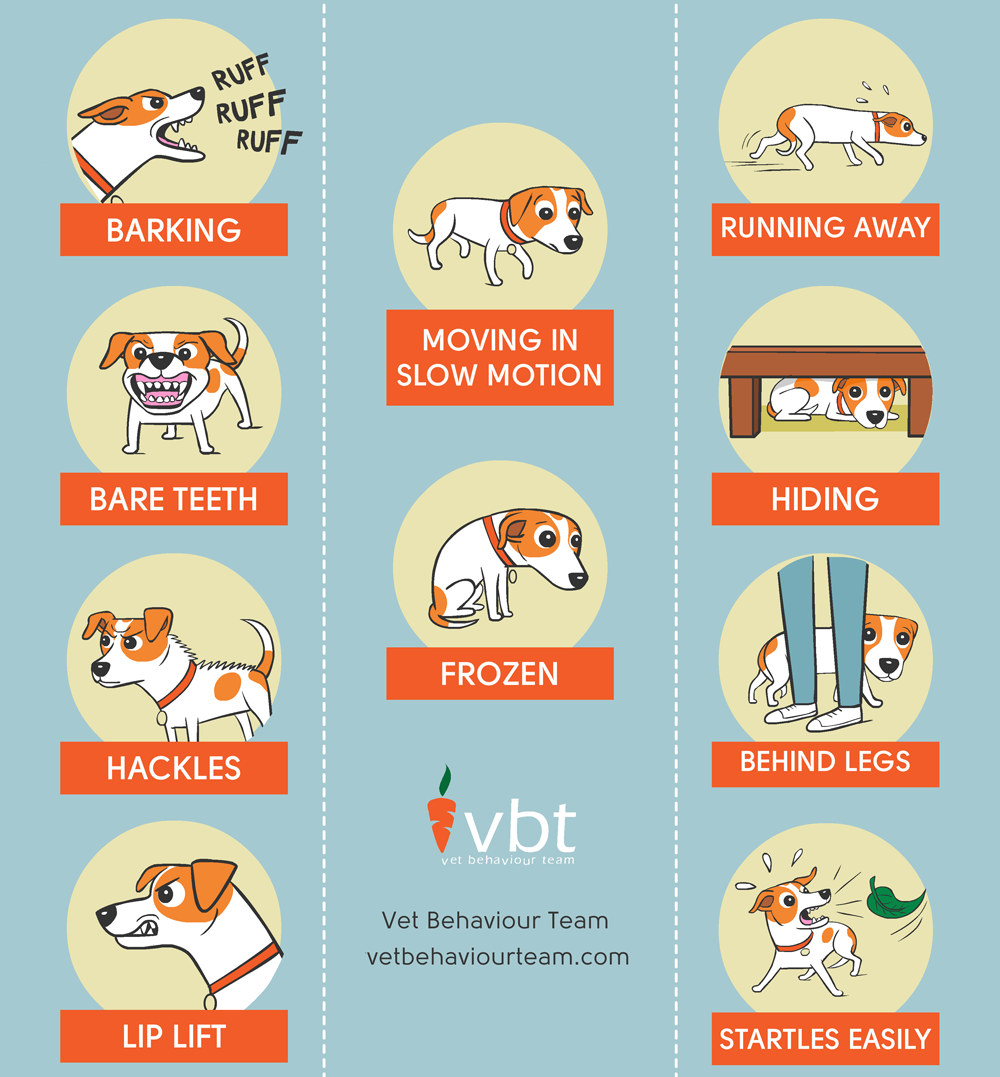Dog Daycare Design Ideas
Dog Daycare Design Ideas
Blog Article
Can Dog Day Care Cause Ailment?
Pets in day care get great deals of workout, socialization with other pets and special experiences. This can be especially useful for puppies and pets with behavior issues.
There are numerous legal considerations you need to think about when beginning a doggy daycare company. These include the structure of your service and conformity with federal government regulations.
1. Canine Distemper
Canine distemper is spread with direct contact with the bodily fluids and waste of a contaminated pet dog, yet it can additionally be transmitted through shared water and food bowls or with air-borne beads. This very transmittable ailment is most dangerous for puppies, but it can affect canines of any type of age and is deadly for the majority of if left unattended.
First symptoms of canine distemper often mimic a common cold, consisting of dripping eyes and nose with watery or pus-like discharge. As the condition proceeds, a pet will certainly create high temperature, coughing, minimized hunger, vomiting and diarrhea. The virus can also attack the nervous system, resulting in seizures, twitching and partial or complete paralysis.
Reliable daycares decrease exposure to infection by requiring vaccinations, regular health examinations and adhere to rigorous health procedures. If your puppy seems overly weary or hopping, a day off may help him recoup, yet you must prevent taking him back to daycare until these symptoms clear up.
2. Kennel Coughing
Kennel coughing, likewise known as infectious canine tracheobronchitis or Bordetella, is a very transmittable viral or microbial disease that affects the respiratory system system. It's frequently transferred through the exchange of saliva or air droplets that a sick dog exhales. Social pets go to higher danger for infection due to their frequent interaction with each other, such as when they play, share food or water, smell one another or simply meet in a jampacked setting like a pet dog park or day care.
The most usual sign of kennel cough is a persistent and strong coughing that sounds like something stuck in the throat or retching. Usually, pet dogs will cough up frothy white phlegm. If left without treatment, a pet dog can develop pneumonia and go to severe danger for life.
A reputable childcare center should have strict cleansing and cleanliness protocols, disinfect all playthings, food and water bowls frequently, and be open about their inoculation policies. Maintaining your pet dog up to day on their vaccinations, especially for bordetella and canine flu, will greatly lower their possibilities of contracting the health problem.
3. Parvovirus
Canine parvovirus, or parvo, is an extremely transmittable viral health problem that can be lethal for puppies and young person canines with inadequate immune systems. It's most generally spread by straight contact with polluted dog feces-- which can take place when canines smell, lick, or preference contaminated feces-- and indirectly from polluted people, things, or environments boarding dog near me (like kennels, brushing rooms and yards). Puppies and pets without complete inoculation histories are specifically vulnerable to parvo.
The infection is incredibly resistant, surviving in the atmosphere for up to 9 years, and can easily be transferred in between canines by call through feces or on footwear, clothing, and bed linen contaminated with parvovirus. Otherwise dealt with right away with IV liquids, electrolyte balance, throwing up control medications and prescription antibiotics to prevent additional bacterial infections, a pet dog will rapidly dry out and create extreme looseness of the bowels, which results in shock and blood poisoning. Parvo is challenging to heal when a canine has actually become ill, yet with ideal veterinary care, lots of pups do survive this disease.
4. Canine Influenza
Dog flu infection is very transmittable and spreads via straight call, sharing food and water bowls, licking or nuzzling various other pet dogs, via air-borne droplets, and via contaminated surfaces. Inoculation works in decreasing the threat of infection and outbreaks.
A lot of influenced canines create a moderate respiratory system infection with a cough that lasts 1-3 weeks. They might additionally have nasal and ocular discharge, sneezing, and sleepiness. Several of the most significant cases lead to pneumonia and a high fever.
If your dog displays any one of these symptoms, do not bring them back to childcare until they are healthy. If your pet is showing indications of severe fatigue or limping, talk with your vet today and ensure they get on healthiness supplements to help develop their resistance. A veterinarian will examine your pet for symptoms of the flu by taking an example from the nose or throat, and blood examinations can be done to confirm.